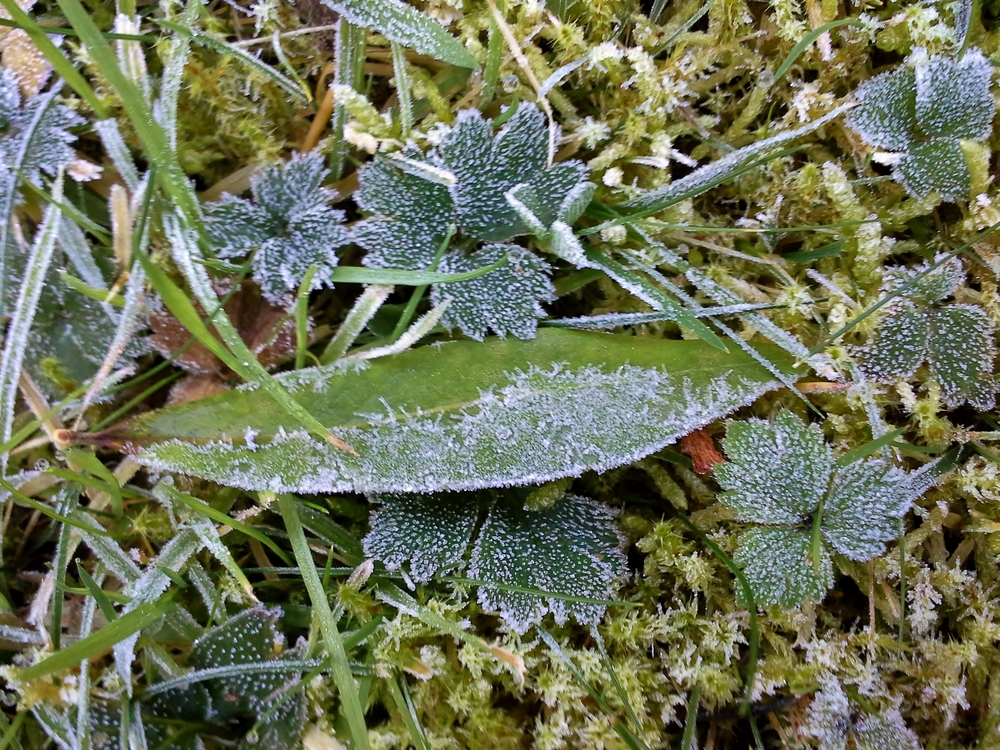How a Spring Freeze Can Affect Honey
May 29, 2017
Bee Colony Collapse, Honey, Honey Bees
With everything out there that can negatively affect honeybees—and have been, with the USDA saying beekeepers typically lose 44 percent of their hives on average every year—it’s easy to forget that something as simple as a late spring freeze can affect bees just as much as pesticides or pathogens. For instance, honey producers in Virginia with at least five colonies saw a 17 percent drop in production from the year before, totaling 190,000 pounds for the whole state. A report from the USDA specifically cited freezing temperatures in late spring as the likely cause.
How Spring Freeze Works
“Freezing temperatures throughout much of Virginia just when major nectar-producing plants, such as locust and tulip poplar trees, were blooming reduced honey production,” Keith Tignor, a state apiarist for Virginia, said. “This late season freeze hit when most honey production occurs and when honeybees collect most of the nectar needed to make honey. Consequently, there was a significant decrease of available nectar. Beekeepers struggled the rest of the year to keep the population going, but the bees made less honey.”
Bees in Freezing Temperatures
There is some speculation surrounding honeybees and their ability to survive freezing temperatures, such as the belief that, because of high blood sugar levels, bees can survive such low temperatures. According to Dr. John G. Duman of the University of Notre Dame, the short answer to that speculation is no—they cannot survive freezing. Insects that can survive freezing temperatures are either freeze tolerant and can survive their body fluids freezing, or they are freeze avoiding, meaning they adapt via evolving antifreeze to protect their body fluids. Honeybees are neither of these things and will die from hypothermia if their internal temperatures lower to roughly seven degrees Celsius.
With freshly blooming plants freezing and bees unable to survive freezing temperatures, spring freezes are some of the worst obstacles for beekeepers and honey producers. Honey production in Virginia was valued at $1.1 million, which was a 12 percent decrease from the year before. Interestingly enough, the honey that was harvested per hive averaged at 38 pounds, which equaled the previous year’s yield, and production rose three percent higher as well.
“We are losing honeybees at a very high rate. More than 32 percent of the honeybee colonies were reported lost by beekeepers in Virginia during the winter of 2015-2016,” Tignor said. He continued his statement by stating that the USDA hopes much better weather in the future will provide better nectar flow for bees and therefore increase honey production and crop pollination.
Photo via EMFA16 / Shutterstock


.jpg)




